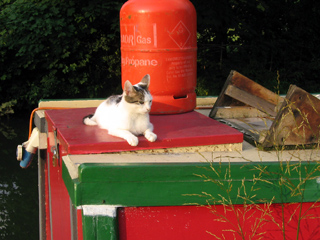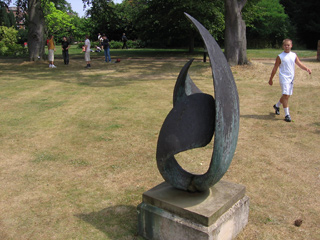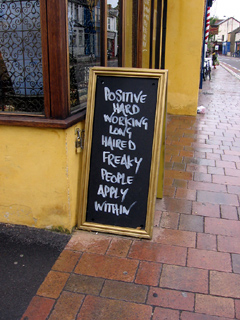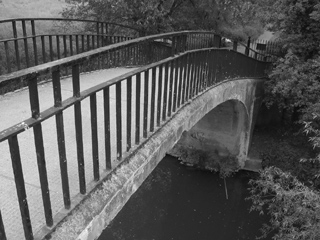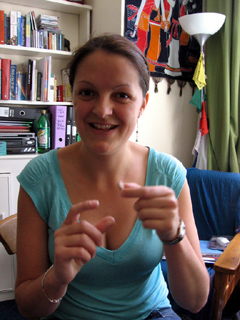Happy Birthday Tristan Laing
The incident of the design essay has reaffirmed for me the importance of doing something else, before really deciding to do a PhD. Terrifying as it is to leave the place where I’ve had the most and most consistent success – namely, the academy – it seems essential to establish by contrast whether it is worth all the time and devotion a doctorate would involve.
In many ways, I am not a good academic. I prefer the general to the specific, and I usually prefer the question to the answer. Great as the appeal of comprehensive knowledge in one or another area is, it is the vacuums of knowledge that my effort generally strives to fill. I feel more vulnerable for knowing nothing of opera than for knowing less than enough about environmental politics or security or American foreign policy.
The moment’s over-riding question is “What is this life to be?” I am nearing, if not over, the point where it stops being an automatic progression of school grades and experiences. It’s like climbing the ladder and walking the length of a high diving board, then being presented with the choices about how to jump that cannot be taken back and can only be half-corrected once you’ve bounded. Presented with such a choice, you can’t help realizing the limited scope of any single life: the limited number of directions it can be taken, very few indeed if the arc is to be a graceful or admirable one.
The matter then comes down to a conflict between aesthetics and hedonism: the one concerned with the appearance of the jump and the other concerned with the experience of jumping. Ambition indicates that we might be able to impress if we strive for the first – though we risk trading enjoyment for artistry. Frantic indecision serves the latter cause while undermining the former – asserting the value of originality over elegance.

